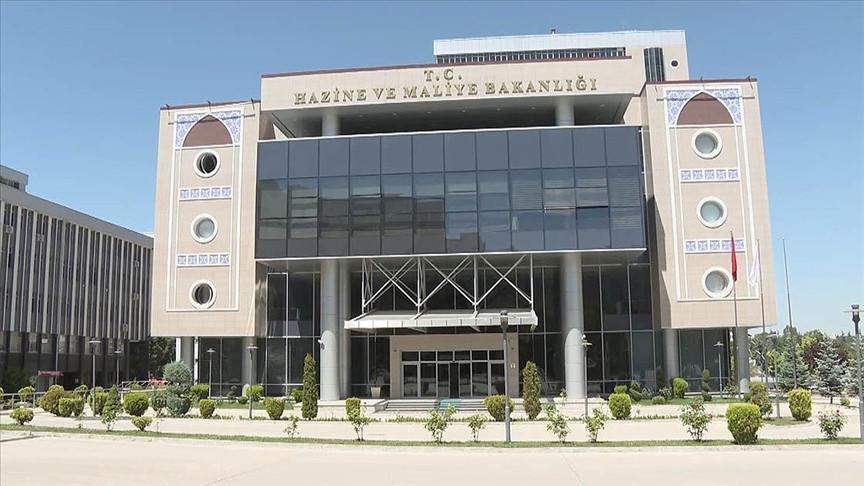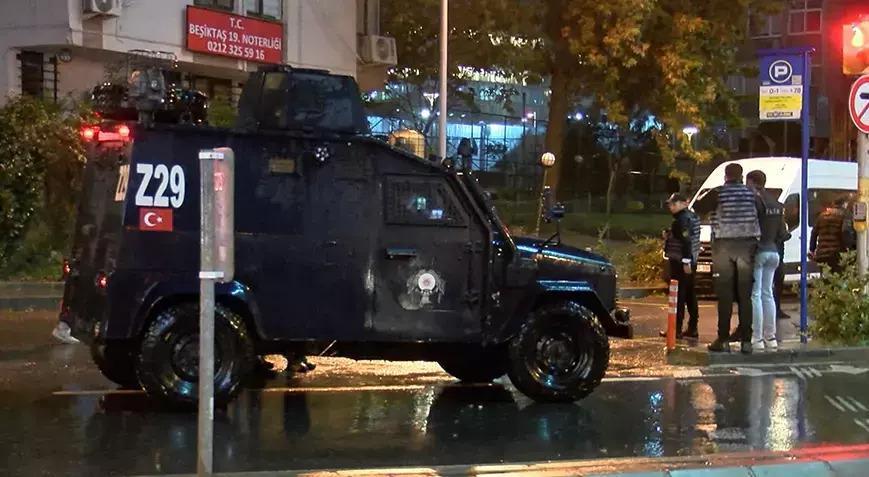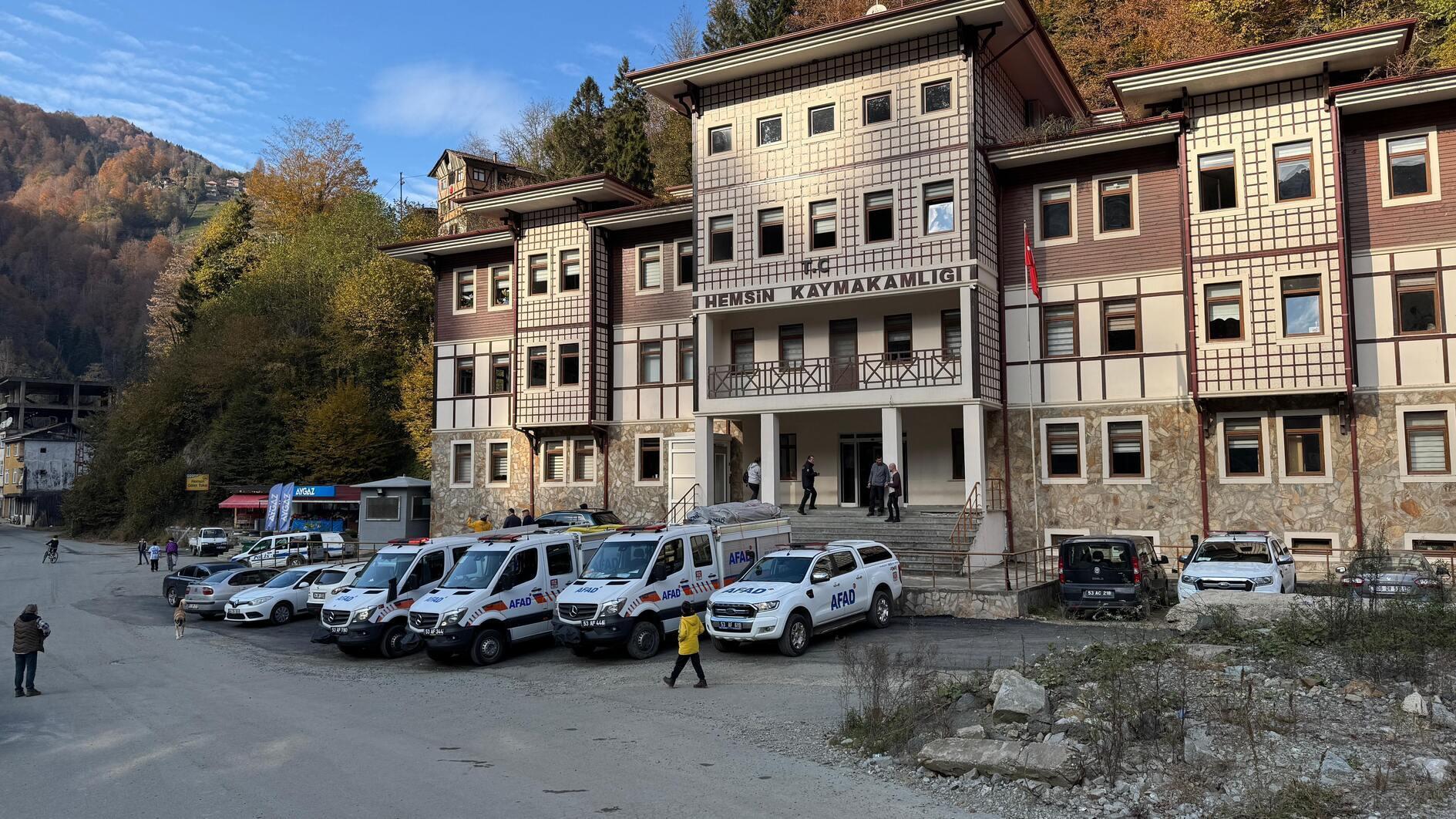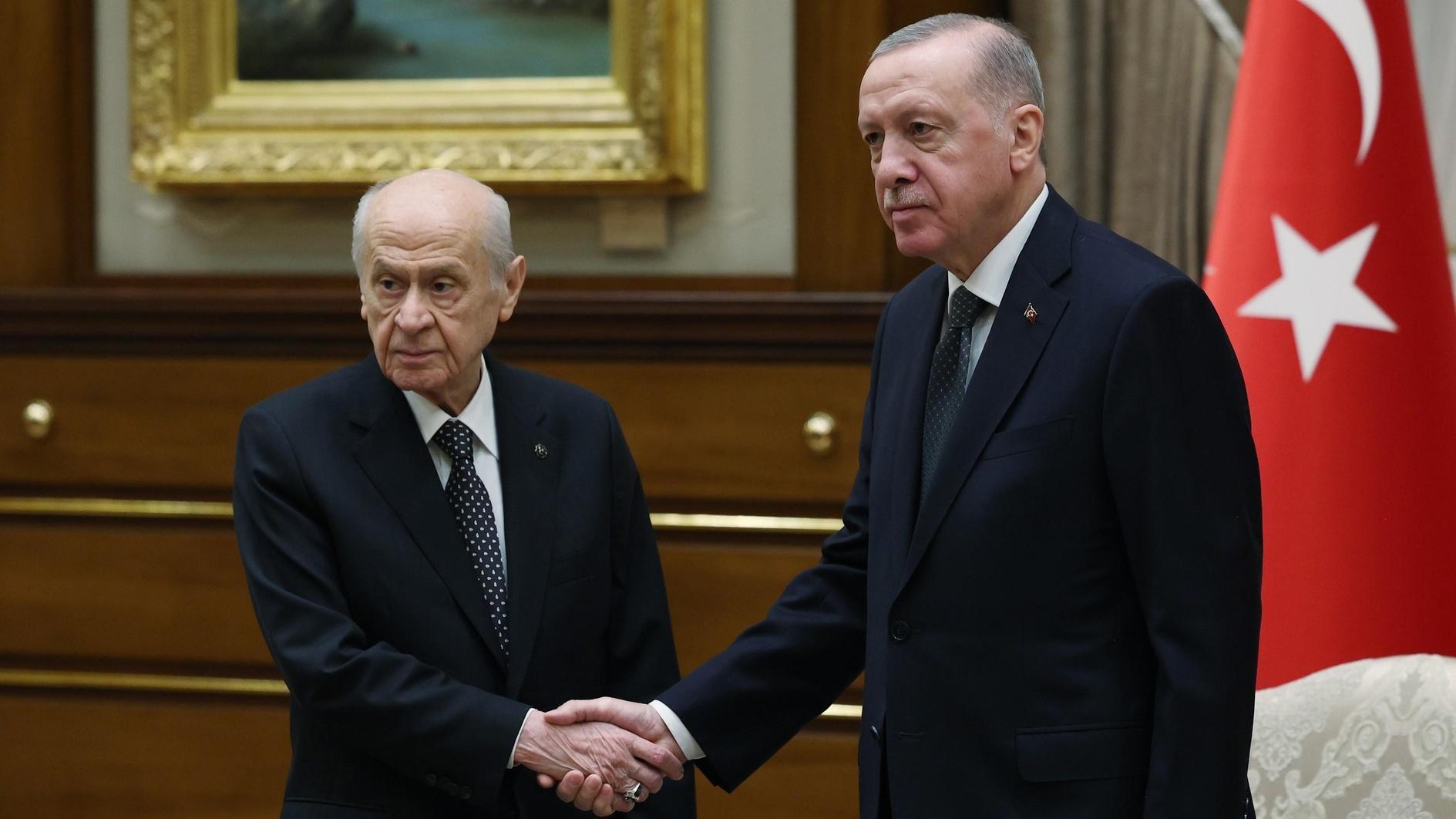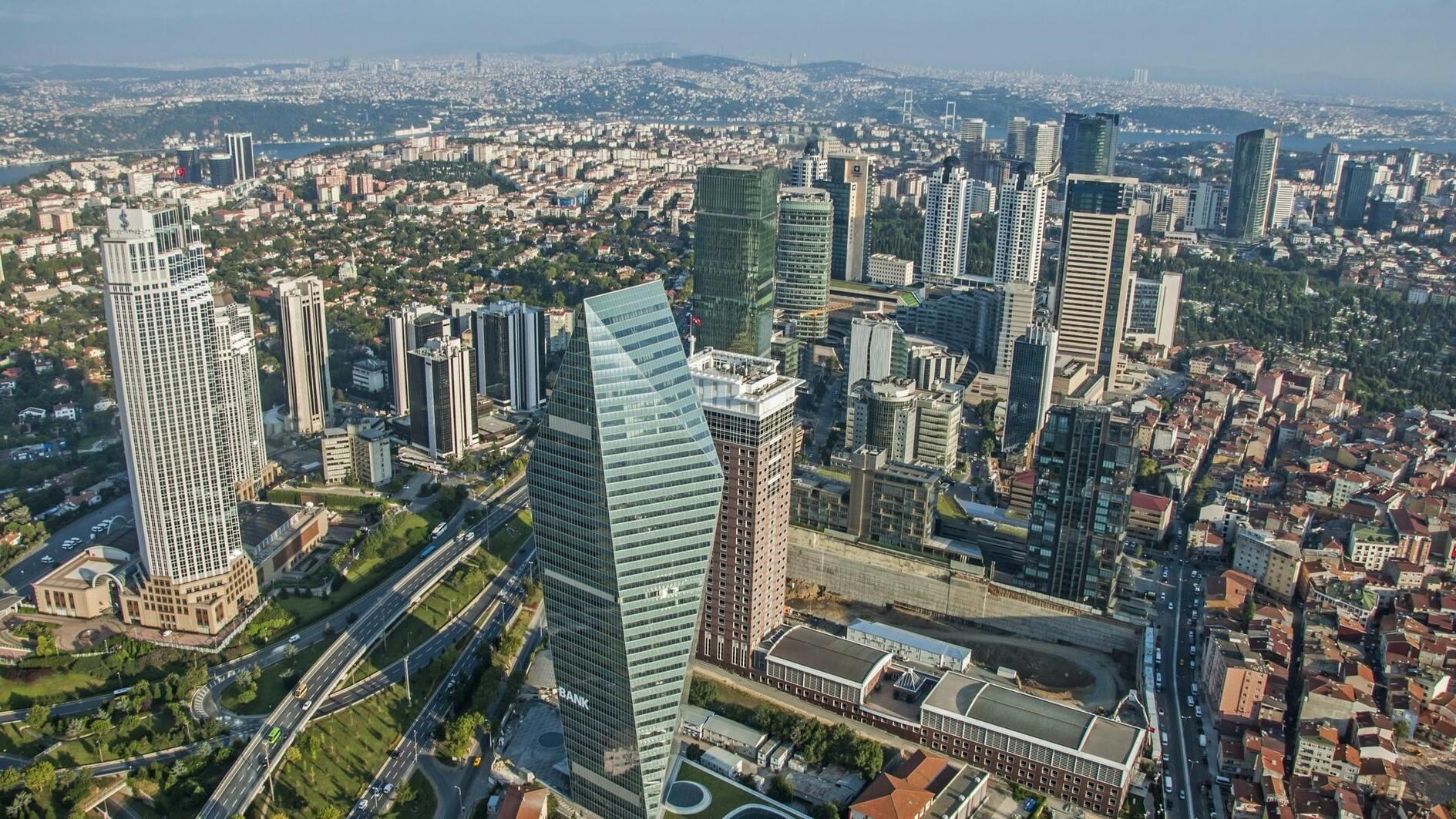Al-Qaeda blames Germany for Nigeria hostage death
LAGOS, Nigeria - The Associated Press

The remains of a house where a German hostage, Edgar Fritz Raupach, was killed in Kano, Nigeria, on June 1, 2012.
Al-Qaeda's North Africa branch has blamed Germany for the death of a German engineer killed during a military raid in Nigeria, though authorities in Europe apparently complied with at least one of the terrorist group's demands by releasing a prisoner it wanted freed.German Edgar Fritz Raupach, kidnapped in January by gunmen in the north Nigeria city of Kano, died May 31 as soldiers launched a raid against the house where his abductors held him. Nigeria's military later said it had no idea gunmen held Raupach inside the home and that kidnappers stabbed him to death as the raid began.
Al-Qaeda in the Islamic Maghreb, the terrorist group that claimed it held Raupach, issued a statement on an Internet forum this week saying the hostage's death came only after the German government refused to negotiate with it.
"Your government gave the green light for the operation," the message posted late Monday night reads.
However, the group, known by the acronym AQIM, had demanded that German officials release Filiz Gelowicz, a German woman convicted last year of supporting a foreign terrorist network. Gelowicz's husband was among a group convicted of plotting unsuccessfully to attack U.S. soldiers and citizens in Germany.
German officials released Gelowicz from prison in late April on probation after she served two-thirds of her sentence. In May, an unsigned advertisement appeared in The Daily Trust, the newspaper of record in Nigeria's north, showing a photograph of Raupach and messages in Arabic and English calling for him to be released. It remains unclear what went wrong in the negotiation or if there had been a demand for a ransom payment, which happens regularly in AQIM kidnappings.
In the message, first reported by the SITE Intelligence Group, AQIM also warned European governments to avoid "dealing in foolishness" during hostage negotiations, as that would endanger lives.
Gunmen kidnapped Raupach from a construction site in Kano, Nigeria's second-largest city, where he worked for Dantata & Sawoe Construction Co. Ltd. Raupach's kidnapping came days after a coordinated attack in the city by the radical Islamist sect in Nigeria known as Boko Haram killed at least 185 people.
AQIM released a statement in March claiming they had Raupach, as well as a video showing him disheveled and asking in German and English for his country to help win his freedom.
AQIM had not carried out operations previously in Nigeria, a multiethnic nation of more than 160 million people split largely between a Muslim north and a Christian south. However, security officials and diplomats say AQIM has loose links with a group known as Boko Haram, a locally focused sect that wants to implement strict Shariah law across Nigeria.
Boko Haram began its terror campaign with gun attacks from the backs of motorcycles. Last year, it started escalating its assaults with a string of suicide bombings targeting churches, government buildings, and even the United Nations headquarters in the capital Abuja. The sect has killed more than 560 people this year alone, according to an Associated Press count, while Nigeria's military and security forces appear unable to stop them from striking at will.


